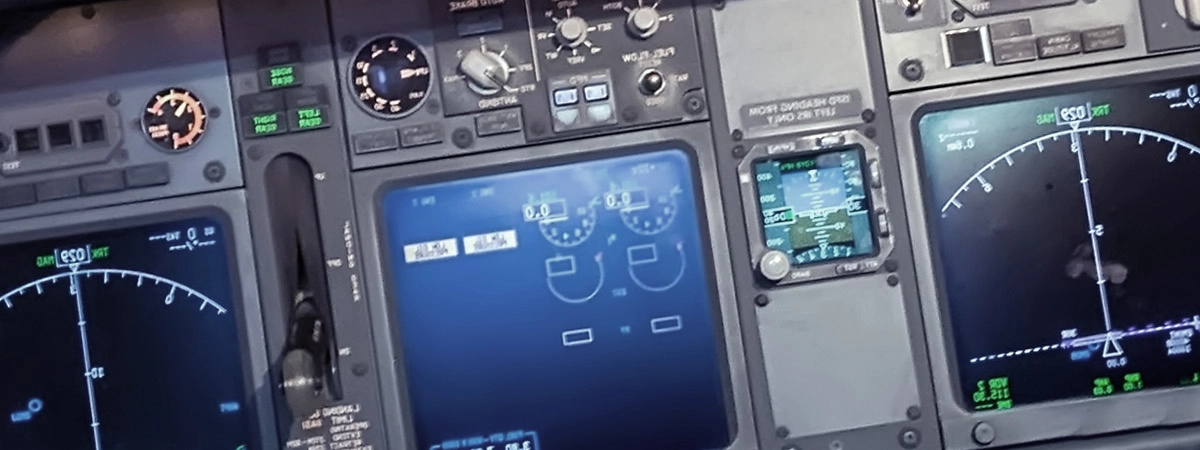IMO MSC.192(79) Performance Standards for Radar Equipment
The International Maritime Organization (IMO), through its Maritime Safety Committee (MSC), has established detailed performance standards for radar equipment under MSC.192(79). These standards are critical for ensuring the reliability and accuracy of radar systems aboard ships, which play a pivotal role in maritime safety and navigation.
The IMO's regulations aim to ensure that all ships have radars capable of meeting stringent performance requirements under various environmental conditions. The standard covers several key areas including antenna design, transmitter power levels, receiver sensitivity, signal processing capabilities, and display features. Compliance with these standards not only ensures that radar systems perform optimally but also contributes significantly to enhancing maritime safety by reducing the risk of collision.
The testing process for compliance typically involves a series of rigorous checks conducted in controlled environments mimicking real-world scenarios such as sea states, weather conditions, and interference from other electronic devices. These tests ensure that radars can detect targets accurately under all operational conditions specified by the IMO standards. Compliance with MSC.192(79) is mandatory for all new installations on passenger ships, cargo vessels, and oil tankers.
The standards are based on international norms such as ISO 11783, which provides guidance on radar performance in various maritime environments. By adhering to these standards, manufacturers and operators demonstrate their commitment to maintaining high safety standards within the global shipping industry.
Understanding the specific requirements of IMO MSC.192(79) is essential for quality managers, compliance officers, R&D engineers, and procurement teams involved in selecting or specifying radar systems for maritime applications. This knowledge helps ensure that all equipment meets stringent performance criteria necessary for safe navigation at sea.
In summary, adherence to IMO MSC.192(79) ensures not only regulatory compliance but also enhances the reliability and effectiveness of radar systems used by ships worldwide. Such standards are crucial in safeguarding lives and protecting our oceans from potential hazards associated with poor equipment performance.
Benefits
Adhering to IMO MSC.192(79) Performance Standards for Radar Equipment offers numerous benefits that extend beyond mere compliance requirements. Firstly, it enhances the overall safety of maritime operations by ensuring accurate and reliable radar readings under all conditions.
Reduces the risk of collision between vessels due to enhanced target detection capabilities.
Improves situational awareness for crew members through clear and precise display systems.
Safeguards personnel by preventing accidents caused by equipment failure or malfunctions.
In addition, meeting these standards can lead to operational efficiencies. For instance, accurate radar data helps in better planning of routes, leading to optimized fuel consumption and reduced downtime for maintenance checks. Moreover, compliance with international regulations like those outlined in MSC.192(79) enhances a company's reputation among stakeholders, including clients, investors, and regulatory bodies.
Why Choose This Test
The IMO standards provide a robust framework that ensures consistent quality across different manufacturers and regions. By choosing to test against these standards, companies can guarantee their products meet the highest global benchmarks for maritime radar performance.
This testing process guarantees long-term reliability of equipment under extreme conditions commonly encountered at sea. This is particularly important given the harsh environments in which marine radars operate.
Compliance with these standards also opens up opportunities for international market entry, as many countries require certification from recognized labs to validate product performance. This adds value to the brand and increases competitive advantage by demonstrating commitment to safety and quality.
Furthermore, choosing this test ensures ongoing regulatory compliance, which is crucial in an ever-evolving maritime landscape where new technologies are continuously being introduced. Regular testing against these standards helps maintain a leading edge in innovation while ensuring product longevity.
Environmental and Sustainability Contributions
The performance of radar equipment plays a significant role in promoting environmental sustainability within the shipping industry. Accurate and reliable radars help vessels navigate more efficiently, thereby reducing fuel consumption and emissions associated with maritime travel.
Improved navigation leads to optimized routes, which can significantly reduce carbon footprints per voyage.
By preventing collisions and ensuring safer operations, these systems contribute towards minimizing accidents that could result in oil spills or other environmental disasters.
In addition, the rigorous testing process required for compliance with IMO standards encourages continuous improvement in technology and design. This proactive approach contributes positively to both operational excellence and ecological responsibility within the maritime sector.
The commitment to sustainability through adherence to such stringent standards reflects broader industry efforts aimed at reducing environmental impact while maintaining robust safety measures.





